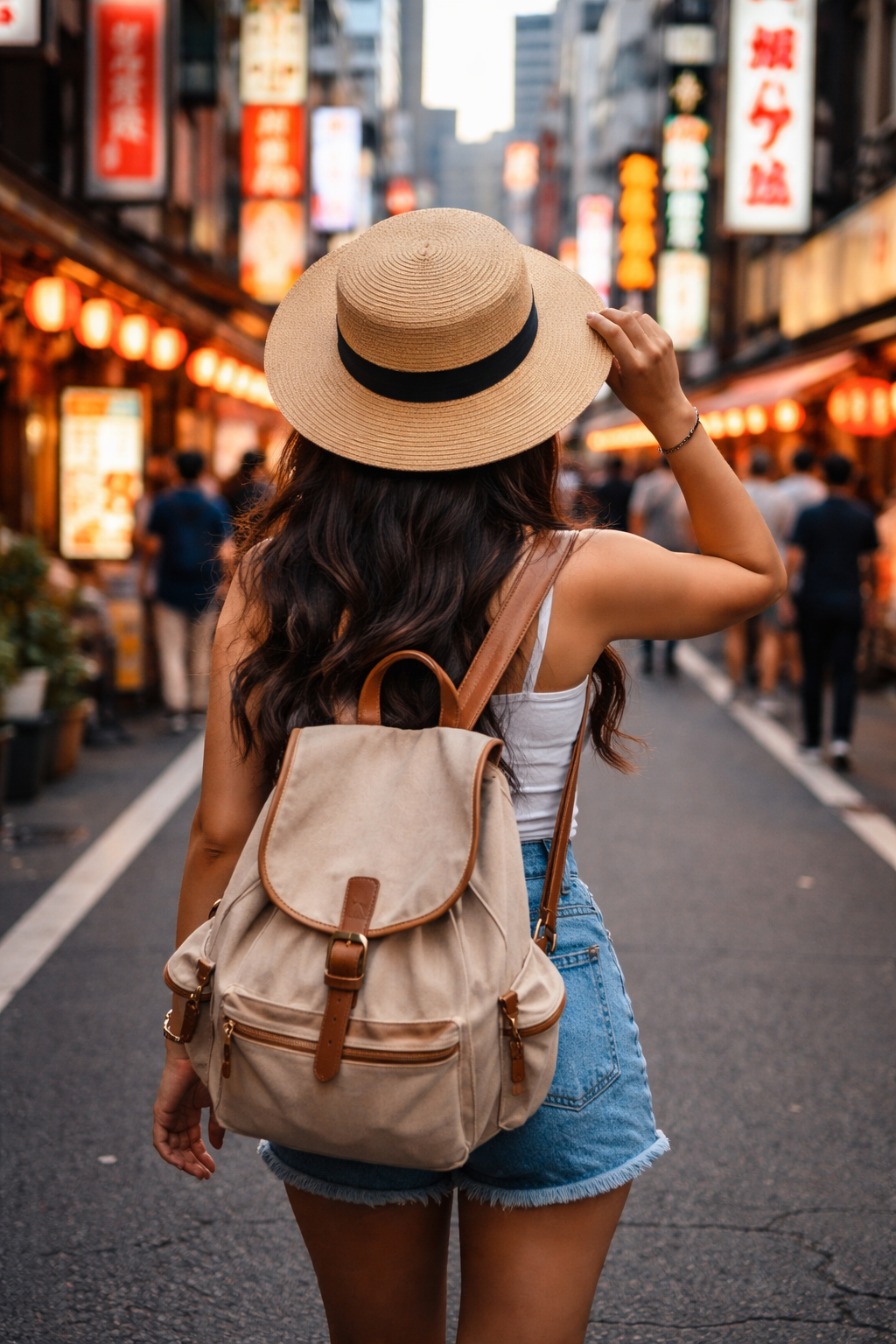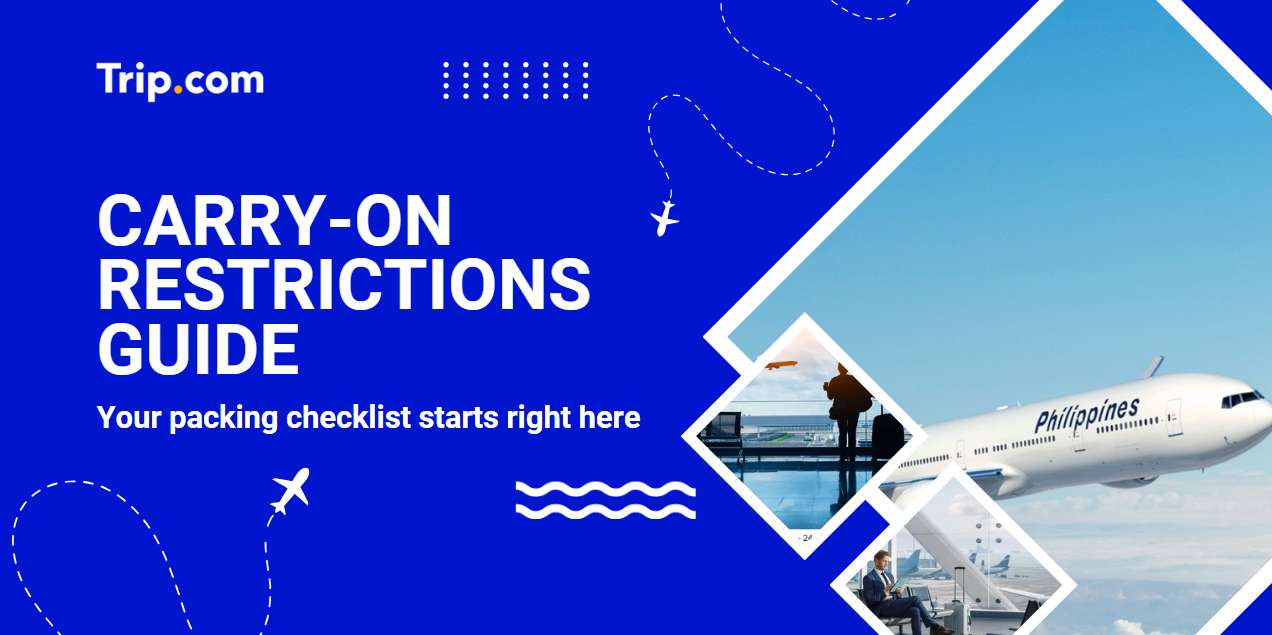
Packing for a flight can be tricky if you’re not sure what items are allowed in your carry-on or checked baggage. From liquids and electronics to snacks and souvenirs, airline and airport security rules can vary depending on your destination. This quick guide covers the essentials of what you can and can’t bring on board, helping you avoid delays, extra fees, or having items confiscated at security. Whether you're flying domestically or internationally, knowing the rules before you pack makes your travel smoother and stress-free.
What Can You Bring as Carry-On Essentials?
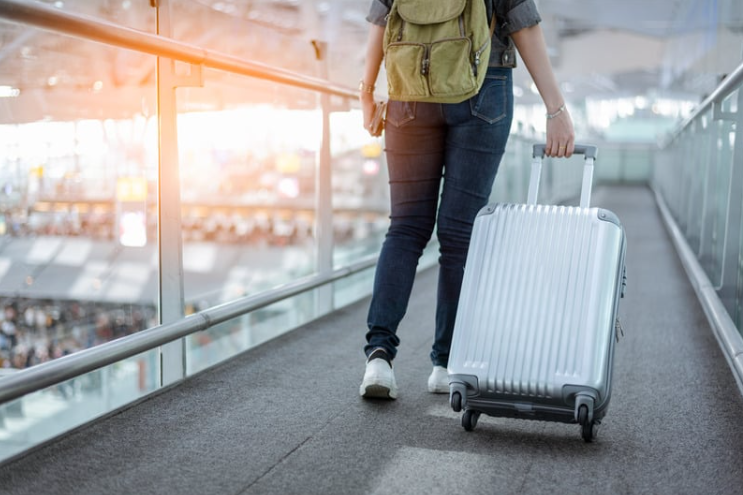
✅ Everyday Items Allowed
Most of the usual stuff you might need is allowed in your carry-on. Think of things like:
- Nail clippers and tweezers
- Small scissors (as long as the blade is less than 4 inches)
- Disposable and cartridge razors
- Compact umbrellas
- One butane lighter per person (just one!)
- Mobility aids like wheelchairs, crutches, canes, or CPAP machines
- Medications (make sure they’re labeled properly)
- Baby food and breast milk (in reasonable amounts, of course)
- Your gadgets — laptops, tablets, phones, and power banks (under 100Wh)
🚫 What You Can’t Bring in Your Carry-On (2025 Update):
For safety, some things just aren’t allowed up front with you:
- Any kind of knives — even pocket knives or multi-tools
- Tools longer than 7 inches (like hammers or drills)
- Open razor blades (box cutters and loose blades don’t fly)
- Corkscrews that have a blade
- Self-defense items like pepper spray, stun guns, or brass knuckles
- Toy or replica weapons — especially if they look real
- Fireworks, flammable paint, or anything explosive
Who Needs to Know About Electronics and Batteries?
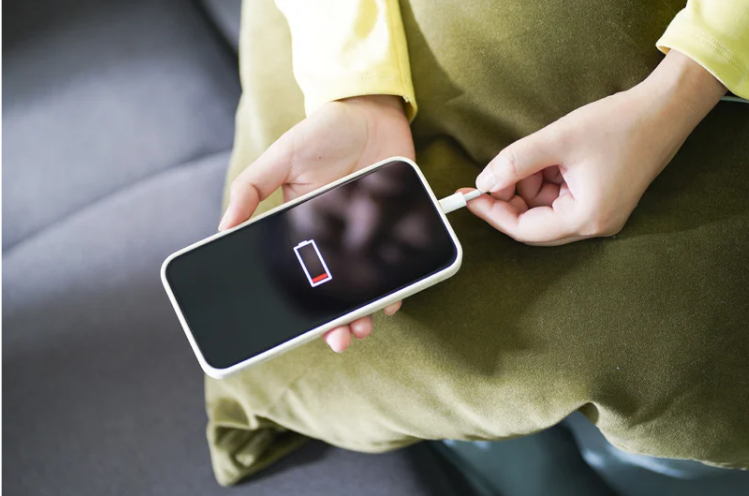
📱Electronics Can You Bring
You can pack these gadgets in your carry-on without a problem:
- Laptops, tablets, and e-readers
- Phones and MP3 players
- Hair dryers and straighteners
- Battery-powered electric shavers
- Other small personal electronics you use daily
🔋Battery Rules You Should Keep in Mind
Batteries have their own set of rules, so here’s what you need to know:
- Spare lithium batteries (like extras for your laptop, camera, or power bank) have to stay in your carry-on — never in checked bags.
- Lithium-ion batteries shouldn’t be bigger than 100Wh. If your battery’s a bit bigger (between 101 and 160Wh), you usually need airline approval first.
- Lithium metal batteries can’t have more than 2 grams of lithium each.
- Got smart luggage with a built-in lithium battery? You’re only allowed to bring it if the battery can be taken out. Before you board, make sure to remove the battery and carry it with you in your hand luggage.
What Are the Restrictions on Medications and Medical Equipment?
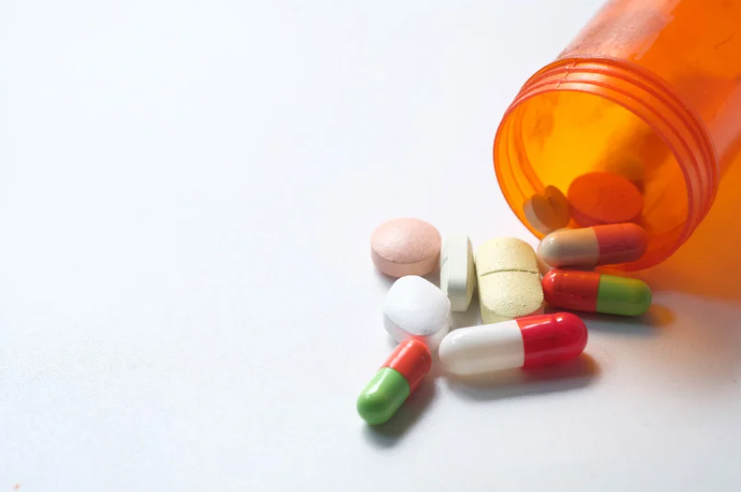
💊Bringing Medications On Board
When it comes to your meds, you’re allowed to bring these essentials in your carry-on:
- Tablets and capsules — your daily pills are totally fine
- Liquid medicines, as long as they’re in containers of 100 ml (3.4 oz) or less
- Hypodermic syringes — just make sure you have medical documents with you and tell security before you board
- Inhalers — don’t forget to declare these to the security officers when you go through screening
What Food Can You Bring on a Plane?
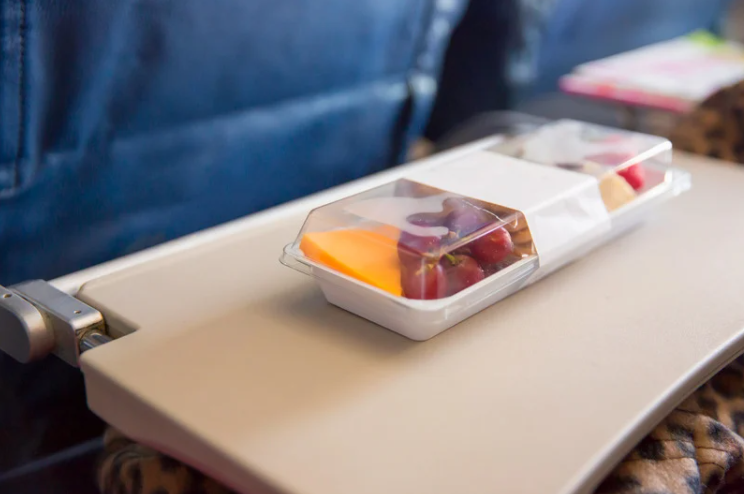
🍽️Solid Foods – Allowed in Carry-On
You’re free to pack most solid snacks and foods in your carry-on, like:
- Sandwiches, nuts, and dried fruits
- Hard cheeses
- Biscuits and cookies
- Granola bars and crackers
- Fresh fruits (just double-check import rules if you’re flying internationally)
Just remember — these are okay as long as they’re solid, not liquids or spreads.
❌Restricted Food Items – Over 100 ml (Not Allowed in Carry-On)
Some tasty things can’t come with you in the cabin because they’re too liquidy or creamy, like:
- Soups and sauces
- Yogurt and soft or creamy cheeses
- Jams, honey, and syrups
- Liquid chocolate and spreads
- Dips like hummus, salsa, or peanut butter
What Are the Restrictions on Sports Equipment and Tools?

❌Items Not Allowed in Hand Luggage (2025 Update)
For safety reasons, some blunt or heavy sports items aren’t allowed in your hand luggage. These include:
- Baseball bats
- Snooker cues
- Cricket bats
- Golf clubs
- Darts
- Hiking poles
- Ice axes
🏸Permitted Sports Equipment in Carry-On
Good news — some sports gear is totally fine to carry with you:
- Tennis rackets
- Fishing rods
- Sports parachutes (just make sure they’re packed separately from your other carry-on stuff)
What Can You Bring When Traveling with Children?
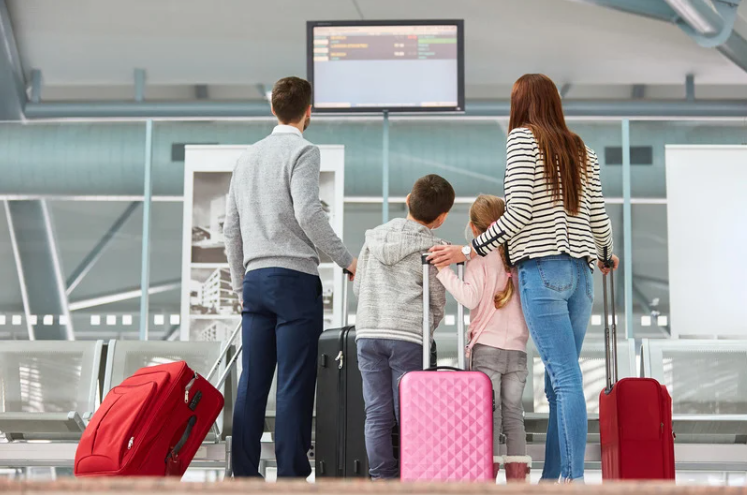
Traveling with little ones means a few special allowances for their needs:
- Baby food and milk — including expressed breast milk — no problem bringing these along
- Sterile water in bottles to keep them hydrated and happy
- Child safety seats — just make sure to check with your airline ahead of time about the size and if it’s approved for the flight
What Liquids Can You Bring Under the Rule?
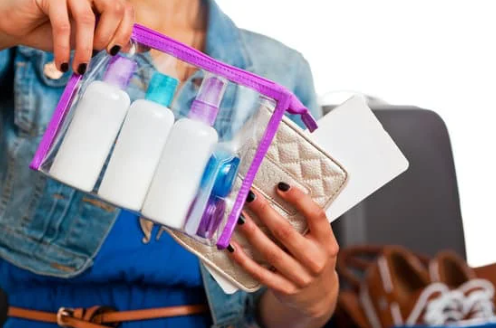
- Each liquid has to be in a container that’s 100 ml (3.4 oz) or smaller.
- All your little bottles and tubes need to fit inside one clear, resealable plastic bag.
- You’re allowed only one of these bags per person.
- When you get to security, make sure to take that bag out and show it separately for screening.
What Are the Airline-Specific Carry-On Policies?
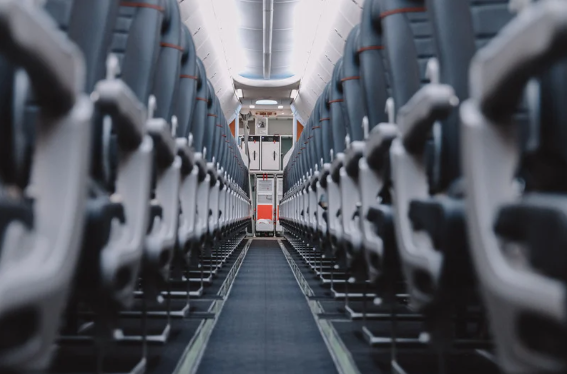
When preparing for your flight, it’s important to know that hand luggage allowances vary by airline. Here’s a quick guide to the most popular airlines for travelers from the Philippines, including size and weight limits for carry-on bags.
Airline | Carry-On Bag Size (cm) | Weight Limit | Notes |
|---|---|---|---|
Philippine Airlines | 56 x 36 x 23 | Up to 7 kg | Standard carry-on allowance for economy class. |
Cebu Pacific | 56 x 35 x 25 | Up to 7 kg | Strict weight limit; fees apply for excess baggage. |
AirAsia | 56 x 36 x 23 | Up to 7 kg | Low-cost carrier with strict carry-on policies. |
Emirates | 55 x 38 x 20 | Up to 7 kg | Popular for long-haul flights from the Philippines. |
Qatar Airways | 50 x 37 x 25 | Up to 7 kg | Carry-on limits vary by class; check before flying. |
Singapore Airlines | 55 x 40 x 20 | Up to 7 kg | Known for generous cabin baggage allowance. |
Important Notes for Filipino Travelers
- Philippine Airlines and Cebu Pacific both allow carry-on bags weighing up to 7 kg with size limits roughly around 56 x 35 x 23 cm. Overweight or oversized bags may incur extra fees.
- Low-cost carriers like AirAsia enforce strict carry-on weight limits, so weigh your bag before heading to the airport.
- For international flights, airlines like Emirates, Qatar Airways, and Singapore Airlines have similar size restrictions but always confirm the weight allowance based on your travel class (economy, business, etc.).
- Carry-on allowances do not include personal items like handbags or laptop bags, but check your airline’s policy to avoid surprises.
What Are the Additional Prohibited Items?
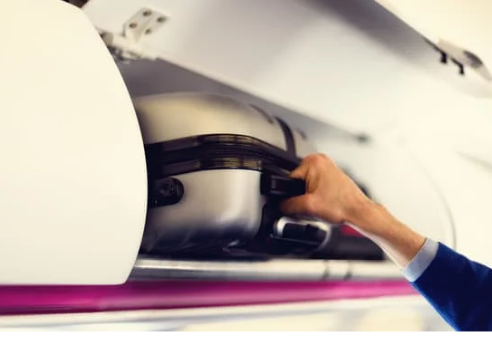
For everyone’s safety and legal reasons, these things are a no-go — whether in your carry-on or checked luggage:
- Explosives and flammable stuff like fireworks
- Chemicals and toxic materials such as acids or peroxides
- Ammunition
- Self-defense items like pepper spray or stun guns
Final Tips for a Smooth Security Experience
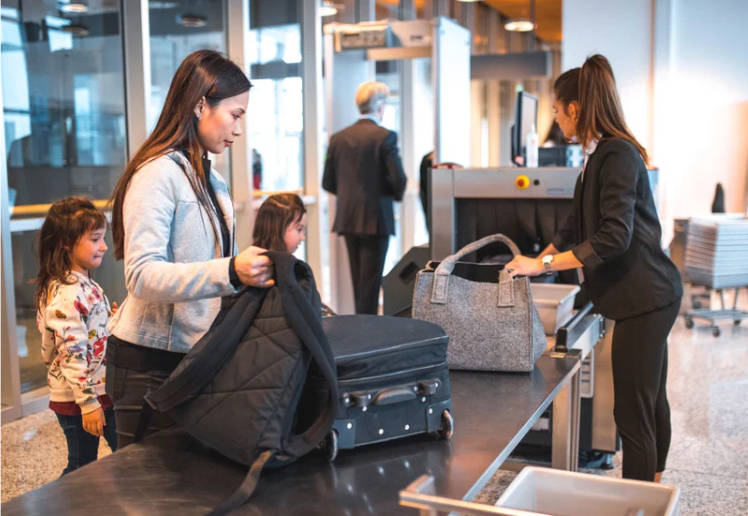
A little prep goes a long way to make your airport time hassle-free. Here are some simple tips to keep things moving fast and stress low:
- Arrive Early: Give yourself plenty of time, especially if you’re traveling with kids. Rushing through security is no fun!
- Pack Liquids Smart: Put all your liquids in a clear, resealable bag and keep it easy to grab in your carry-on.
- Use Suitcase Organizers: These help keep your stuff neat and make security checks quicker if your bag gets inspected.
- Prep Your Electronics: Before screening, take out laptops, tablets, and e-readers and place them in their own bin.
- Declare Meds & Baby Items: Make sure to tell security about any medicines or baby liquids over 100 ml (3.4 oz) — it saves time and avoids surprises.
